Ecology is a scientific discipline that explains the interactions between organisms and the environment in which they live. It examines the Earth’s ecosystems and their relationship. Her study gives new knowledge about living nature, which is a collection of flora and fauna and all other organisms.
On our planet, life exists in the terrestrial, aquatic, soil and organismic environment. They are also the subject of research by scientists.
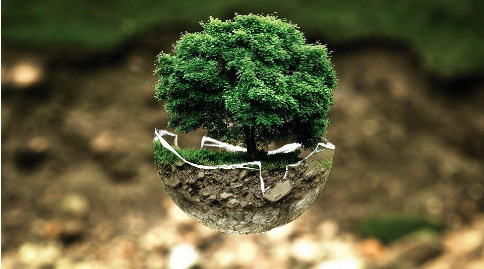
In recent decades, environmental problems have been directly linked to protecting the environment around us and restoring balance.
With the development of industry and technology there have been changes in nature and climate and together with the accumulation of huge amounts of waste, this has become one of the most important tasks facing humanity to preserve the planet’s biodiversity.
What is waste management?
Human activity leaves its mark on our environment, but unfortunately it is often accompanied by damage to the functioning of ecosystems. Ubiquitous pollution , especially with non-degradable waste in recent years, has led to a global decision and the imposition of waste management rules.
On the one hand, waste accumulation endangers nature and human health, and on the other, recycling benefits the world economy. The processing and re-use of the already used objects and substances in the production is directly related to protection of the exhaustible natural resources.
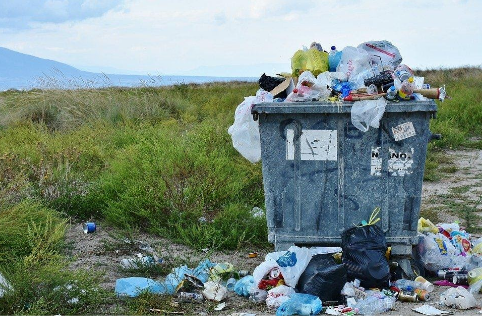
Waste management is a wide-ranging activity that involves a series of important stages – from the creation, through the collection, transportation, disposal, recycling, destruction or reuse of waste. According to the type of waste, a number of rules are applied, the purpose of which is the safety of the environment and the population.
Pay special attention to hazardous waste
A part of the daily waste generated by mankind is defined as hazardous. The reason is that they pose a risk to the population and nature. These are objects or substances that may be poisonous or have other harmful properties. Their management requires special measures, which are set out in national and international documents.
The source of hazardous waste is the various social and industrial sectors. Their origin is one of the determining criteria for their classification. Hazardous waste is divided into household, industrial, construction and radioactive.
Their disposal is a complex process, related to the availability of specially equipped transport and warehouses, innovative methods of storage and handling, I qualify the staff for the activity.
In Bulgaria hazardous waste is stored in specialized regional landfills and companies, but some of them are transported outside the country. Abroad, there are modern technological facilities for disposal . Some of the hazardous waste is recycled and recycled to be re-used to create various products.
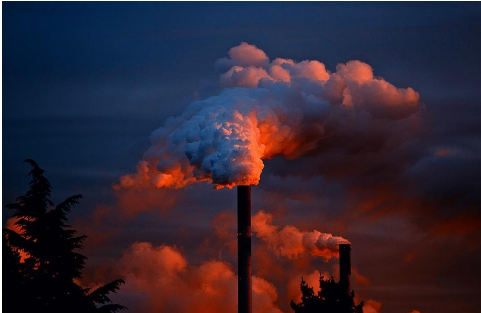
Environmental management
Environmental management is an important element of the process of regulating environmental management. The Eco-Management and Audit Scheme (EMAS), developed by the European Commission, has been in place for almost 20 years. This tool aims to help organizations in their approach to environmental friendliness.
Certification under the scheme requires applicants to be able to meet international standards ISO 14000. They are related to regulating the interaction of waste with the environment to minimize the risk of its pollution or harmful effects on hazardous objects and substances.
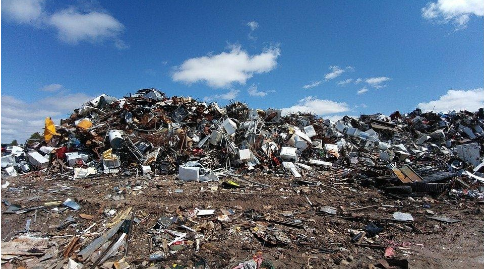
The national legislation lists all issues related to waste management and their safe treatment.
Sustainability of waste management
The purpose of the processes related to waste management is to reduce its amount by maximizing its utilization through recycling or reuse. Another possibility is to completely destroy and not allow it to negatively affect ecosystems.
However, the big goal worldwide is to reduce quantities in general and therefore to stimulate individual households, production facilities and daily human activities to generate less waste.
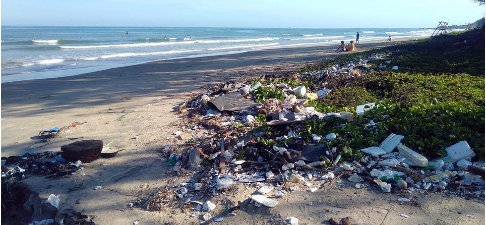
The greater the need for proper disposal of unnecessary items and substances , the greater the need for companies to professionally organize this long and complex process.
There are newly established and older companies in the sector, which have the necessary permits and meet the standards to carry out their activities. Eco-experts are qualified , monitor the dynamics of the processes, are familiar with the application of the regulations and how their control is carried out.
Professional consultants in the field of ecology
The role of consultants is to advise, prepare the necessary documentation and help to follow the national and world legislation in the field of ecology .
Each production discards a certain amount of garbage or harmful substances and therefore it is obliged to have written rules to be applied as a guarantee that the health and life of the population and our environment is protected.
To meet the legal requirements, a company must comply with a series of regulations , have a responsible attitude and care for nature.
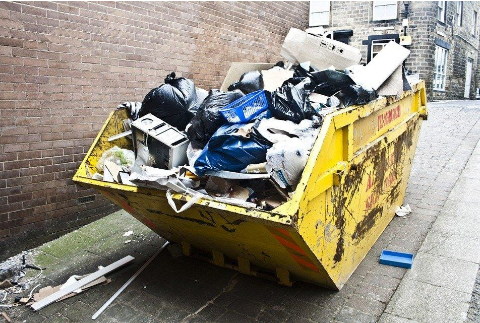
The external environmental consultant is committed to being aware of the obligations and responsibilities that the designated company needs to meet. Specialized companies in the field of waste are prepared on all issues in the industry and monitor regulatory changes and other developments in the sector.
In addition, they are well acquainted with current European documents and legislation . In most cases, the profile of such companies states that they consult legally and technically, prepare the necessary documentation, which is related to the whole waste management process.
The need for consultants is also determined by the large number of permits and registrations required for everyone, regardless of whether it generates, collects, transports, recycles, reuses, trades and imports waste.
Specialized companies can classify and characterize the type of various objects and substances. Professional staff can engage in many types of activities, according to the specific needs of the business partner. The experts assist in the preparation of documentation related to permits, registration or reporting of production or implementation of an eco-project.
Another area of assistance is the implementation of specialized transport of waste, including hazardous waste. In most cases, specialists have practical experience in the field of ecology and can provide a wide range of services.
Among them is also the preparation of an environmental impact assessment, which is needed, for example, not only in the construction of a plant, but even in the construction of a farm or the opening of a well. That is why these companies are a useful and necessary partner in the implementation of activities and projects.
